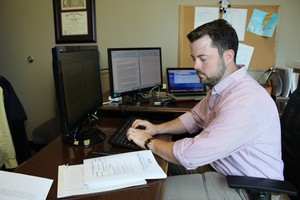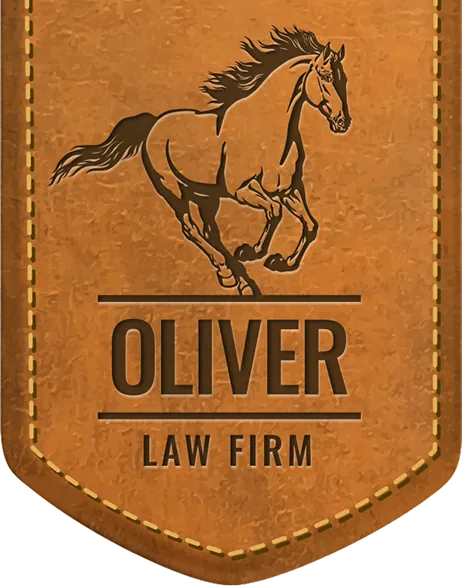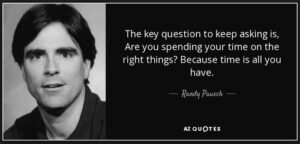
I started reading this book to try and gain some insight into what our clients who suffer strokes go through. It is the story of the author’s experience with having a stroke and then battling to recover. I had a specific client in mind when I chose this book.
Just as an overview of the facts behind the book, the author was a “neuroanatomist” who studied the brain and how it worked. At age 37, she had a hemorrhagic stroke caused by a birth defect. This stroke is different than the typical ischemic stroke we think of because it was a blood vessel popping open as opposed to a blood vessel being clogged shut. That made her stroke develop much slower than other types of strokes and helped her prognosis to be better following the stroke. The stroke occurred in the left half of her brain. The left-brain is the logical, computational, language, and coordination part of your brain. The right-brain is the artistic, big-picture, emotional part of your brain.
My Stroke of Insight really has four parts; a scientific overview of how the brain works, the story of the author’s stroke, the story of the author’s recovery, and then her words of wisdom that she wants people to take from her experience. Honestly, the writing style of the book is not something that I generally enjoy. It’s verbose, abstract, and a bit confusing at times. But, I realized that part of the reason for the style is that the memories the author is writing about came from her right-brain. When she was writing about what the stroke was like or what she was remembering from the recovery, these memories were coming from the artistic portion of the brain, not the logical and organized part. Once I realized this, I was able to adapt my reading style to better absorb what was there.
Jill’s recovery from her stroke was slow and incremental, but it was almost a full recovery. Just a few weeks after her stroke, Jill was living at home with her mother. Three months after the stroke she was living completely independently. Four months after the stroke she gave a twenty-minute presentation to a group of brain researchers. Eventually, she reached a point where she was completely recovered to her old self, except for her ability to do math. Through the entire process Jill talked about how difficult recovery was, but being amazed that she was able to almost choose which portions of her old self she brought back. The entire book is a great look into how our brains work and the incredible ability our bodies have to recover.
Application:
The entire book was a glimpse into a world that I knew very little about. However, there is one key takeaway from this book that I will always remember. If I forget which half of the brain performs which functions, if I forget how difficult basic activities are for people recovering from a stroke, if I forget everything else in this book, I will remember this: stroke sufferers are not stupid, they are only injured. Jill Taylor talked about how after her stroke, just because she couldn’t communicate, people would treat her like she was mentally handicapped or stupid. She wasn’t. She was trapped inside this body that she could no longer operate correctly. When someone is injured, people don’t treat them with pity or talk down to them, they encourage the injured person to keep pushing and keep getting better.
When I read that, I realized that I have looked at people who have suffered strokes incorrectly for my entire life. These are not people who all of the sudden lost their mental capacity, these are people who just lost their ability to operate their physical body. That seems like a “duh” type of statement, but I know that I’ve spoken to people who have had a stroke and I’ve spoken to them like I was speaking to a mentally handicapped person instead of someone who has just lost their ability to control their external communication. From now on I will have a different approach to the way I look at stroke survivors thanks to this book.
Conclusion:
I think that every person who reads this book could come out of it with a completely different “lightbulb” moment. Mine was about how to approach stroke survivors. Someone else’s may be about how the human brain functions or how amazing the body’s ability to heal is. What I do know is that we currently represent stroke survivors, we’ve represented stroke survivors in the past, and we will very likely represent stroke survivors in the future. I think that everyone could benefit from reading this book and gaining just a little bit of insight into the world that these people live in every day.
“I must be willing to give up what I am in order to become what I will be.” – Albert Einstein (one of the quotes Jill used as motivation to help her through her recovery)
a Free Consultation



